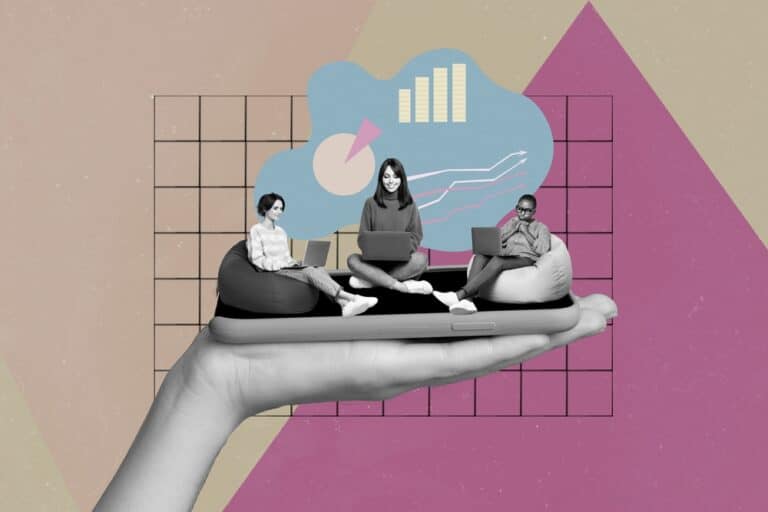It’s Not What You Know, It’s What You Can Do

The old adage of ‘it’s not what you know, it’s who you know’ has been replaced by ‘it’s not what you know, it’s what you do with what you know’.
Learning and Development (L&D) is an essential aspect of personal and professional growth. It’s an ongoing process of acquiring new skills, knowledge, and experiences to improve one’s abilities and performance. The traditional approach to L&D has been based on the notion that ‘knowledge is power’, but this mindset has shifted over the years. Today, it’s not just about what you know, but it’s also about what you do with what you know.
In the modern business world, the pace of change is rapid, and the only constant is change itself. As a result, it’s becoming increasingly important for individuals to be agile and adaptable, with the ability to apply their knowledge to new situations and challenges. This is where the concept of ‘doing with what you know’ comes into play.
One of the biggest challenges in L&D is the transfer of learning from the classroom to the workplace. All too often, individuals attend training programs, but fail to apply what they’ve learned when they return to their job. This can lead to frustration and a sense of wasted time and resources. To overcome this, it’s crucial to focus on the practical application of knowledge, and not just the acquisition of it.
Hands-on learning experiences and mentorship are two key components of equipping individuals with future-fit skills for the 4th industrial revolution. As technology continues to advance and automate many traditional jobs, it’s becoming increasingly important for people to develop a diverse set of skills that can’t be easily replaced by machines.
Hands-on learning opportunities such as role-playing exercises, simulations, and case studies provide individuals with practical experience in applying their knowledge to real-life scenarios. This type of learning helps people develop critical thinking and problem-solving skills, which are highly valued in the modern workplace.
Mentorship, on the other hand, provides ongoing support and guidance as individuals integrate their newly acquired skills into their work. Mentors can help individuals navigate the complexities of the workplace, provide feedback on their performance, and offer advice on how to continue developing their skills over time.
The focus has shifted from just acquiring knowledge to applying it in a practical and meaningful way. This requires a different approach to L&D, one that is focused on providing ongoing support to help individuals integrate their new skills into their work. By doing so, individuals can truly realise the full potential of their knowledge and skills and make a positive impact in their personal and professional lives.
Co-author: Maud Botten, Associate Partner, Business Unit Lead: Learning Solutions
Get in touch on LinkedIn here
INSIGHTS





